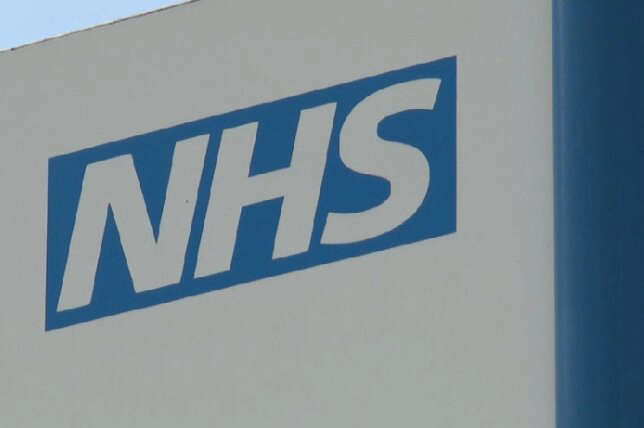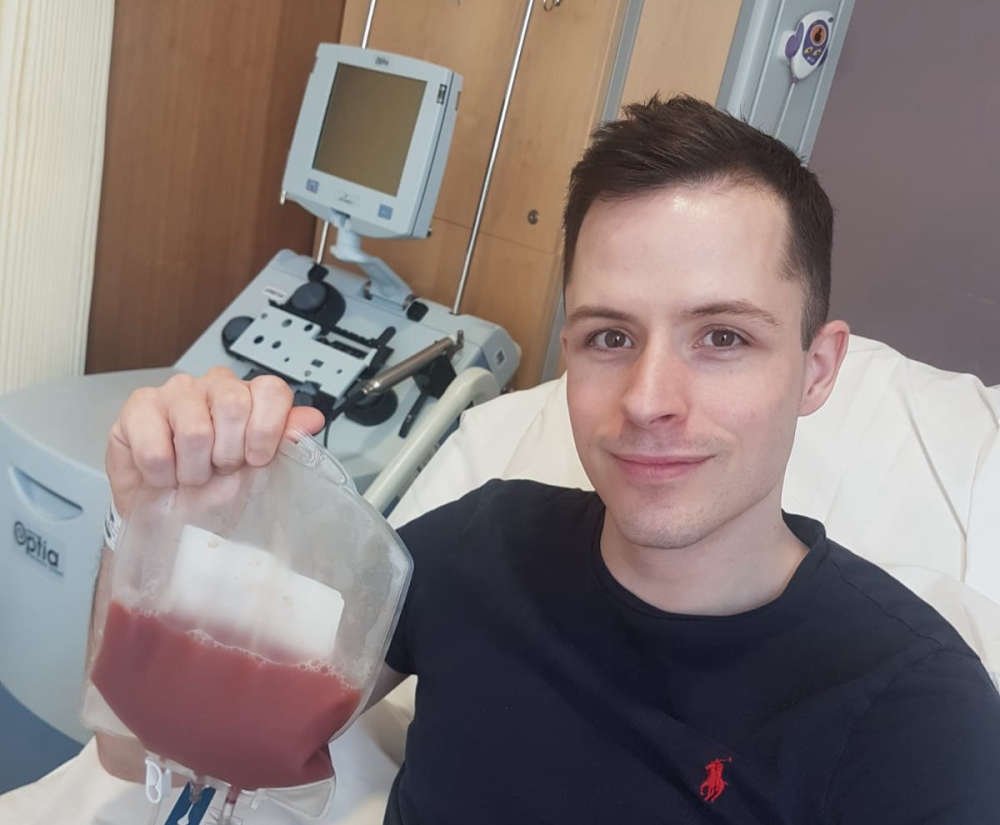
The number of patients admitted to hospital in Central Lancashire with malnutrition has leapt in the space of a year.
In the 12 months to March, 165 people were taken to the Royal Preston and and Chorley and South Ribble hospitals because they were under-nourished – a 73 percent increase on the 95 admitted for that reason a year earlier.
Lancashire’s public health boss has described the rise – which is rounded to the nearest five patients – as “a worrying trend”.
The figures for Lancashire Teaching Hospitals NHS Foundation Trust, which runs the two facilities, are in contrast to a slight decrease in malnutrition-related admissions nationwide, which stood at 10,728 during 2023/24.
However, that masks a general upward trajectory across England over more than a decade, with more than 10,000 people admitted for malnutrition every year since the start of the pandemic – more than double the level witnessed back in 2010-11.
Dr. Sakthi Karunanithi, director of public health for Lancashire County Council, said of the stats for Central Lancashire: “Any rise in hospital admissions due to lack of access to healthy food is a worrying trend and will have a detrimental effect on people’s lives.
“However, we are continuously working with partners on a number of measures to create and support resilience within our community food organisations, such as maximising the number of people taking part in national initiatives like the healthy start programme and free school meals.
“[We are also] supporting trading standards and scientific guidance for Lancashire businesses – and advancing the ways in which we can support healthier food and drink options within our own organisation.
“We will continue to work with partners in addressing health inequalities and enabling people to stay well and to access healthy diets in Lancashire. This will relieve pressure on hospitals and help people to live healthy lives.”
Elsewhere in Lancashire, there was an even bigger percentage increase in malnutrition admissions at Blackpool Teaching Hospitals NHS trust over the same 12-month period – up 85 percent from 35 to 65 patients.
The situation was largely steady at East Lancashire Hospitals NHS trust, which operates the Royal Blackburn, with admissions for malnourishment up fractionally from 30 to 35, while at University Hospitals of Morecambe Bay NHS Foundation Trust – which runs the Royal Lancaster Infirmary – there was a significant fall from 85 admissions to 60.
Malnutrition can stem from range of conditions – including dietary issues and problems with absorbing nutrients or eating normally.
However, Professor Kamila Hawthorne, chair of the Royal College of General Practitioners, said GPs are treating a growing number of health conditions linked to deprivation, suggesting hospital admissions are only “the tip of the iceberg”.
“A poor diet increases a patient’s risk of developing a range of nutritional diseases – malnutrition, rickets, scurvy, iron, vitamin and folate deficiencies, all of which are becoming increasingly common. In addition, they can also exacerbate chronic conditions a patient may already have,” she added.
Anna Taylor, executive director of the Food Foundation, said healthy food is often the first thing cut for families struggling financially.
“We are calling on the government to ensure that everyone can afford and access a healthy diet that will keep them well, and in doing so achieve the Government’s ambitions to make our children healthier, relieve pressure on the NHS and grow the economy,” she added.
A spokesperson for the Department of Health and Social Care said: “It is shocking that so many people are being admitted to hospital for malnutrition – and further proof of the dire inheritance of this government.
“Our 10-Year Health Plan will tackle these stark health inequalities by shifting care out of the hospital into the community and supporting people to live longer, healthier lives, “ adding that they are “working to tackle the underlying causes of poor health” across government departments.



 Chorley stem cell donor who saved a stranger’s life urges others to join the register
Chorley stem cell donor who saved a stranger’s life urges others to join the register
 Motorcyclist dies after collision in Chorley
Motorcyclist dies after collision in Chorley
 Man jailed for attempting to kill police officer at Preston station
Man jailed for attempting to kill police officer at Preston station
 Intensive day of action tackles community issues in Preston City Centre
Intensive day of action tackles community issues in Preston City Centre
 Get your green fingers on early bird tickets for Chorley Flower Show
Get your green fingers on early bird tickets for Chorley Flower Show
 Cricket pitch funding approved
Cricket pitch funding approved
 Concern for missing Preston man also wanted on recall to prison
Concern for missing Preston man also wanted on recall to prison
 Rebrand for 19,000 home social landlord includes controversial name change
Rebrand for 19,000 home social landlord includes controversial name change




